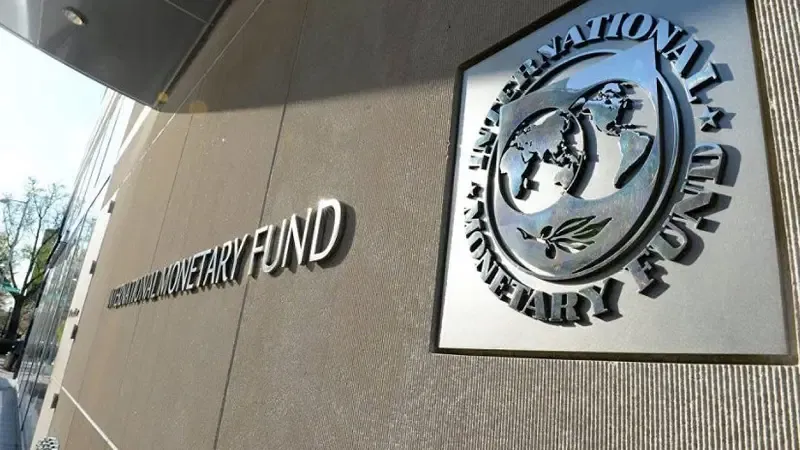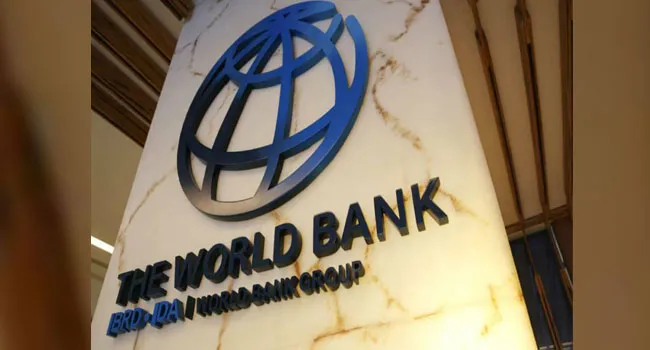The International Monetary Fund (IMF) has lowered Nigeria’s economic growth forecast due to ongoing difficulties in the agricultural and oil sectors. IMF Chief Economist Pierre-Olivier Gourinchas revealed the adjustment during a World Economic Outlook press briefing at the IMF/World Bank Annual Meetings in Washington, D.C.
Gourinchas attributed the revised growth projection to setbacks in agricultural production caused by flooding and security issues that have disrupted oil production. “We revised Nigeria’s growth down by 0.2 percent because of volatility. The reason for the reversal is due to issues in agriculture caused by flooding, and production issues in the oil sector related to security,” he explained.
The IMF’s updated projection reflects a 0.2 percentage point decrease, adjusting Nigeria’s growth forecast from 3.3% to 3.1%, as noted in the July 2024 World Economic Outlook report.
IMF Withholds Comment on Fuel Subsidy Impact
When questioned about the economic effects of Nigeria’s removal of fuel subsidies, Gourinchas refrained from providing specifics, citing a lack of immediate data. “I am afraid I’ll have to go back and check as I don’t have the numbers ready on the impact of the removal of the fuel subsidy specifically,” he responded to a Nigerian journalist’s inquiry.
The subsidy removal has resulted in significant hardships for many Nigerians, yet the IMF has not formally commented on its economic impact.





